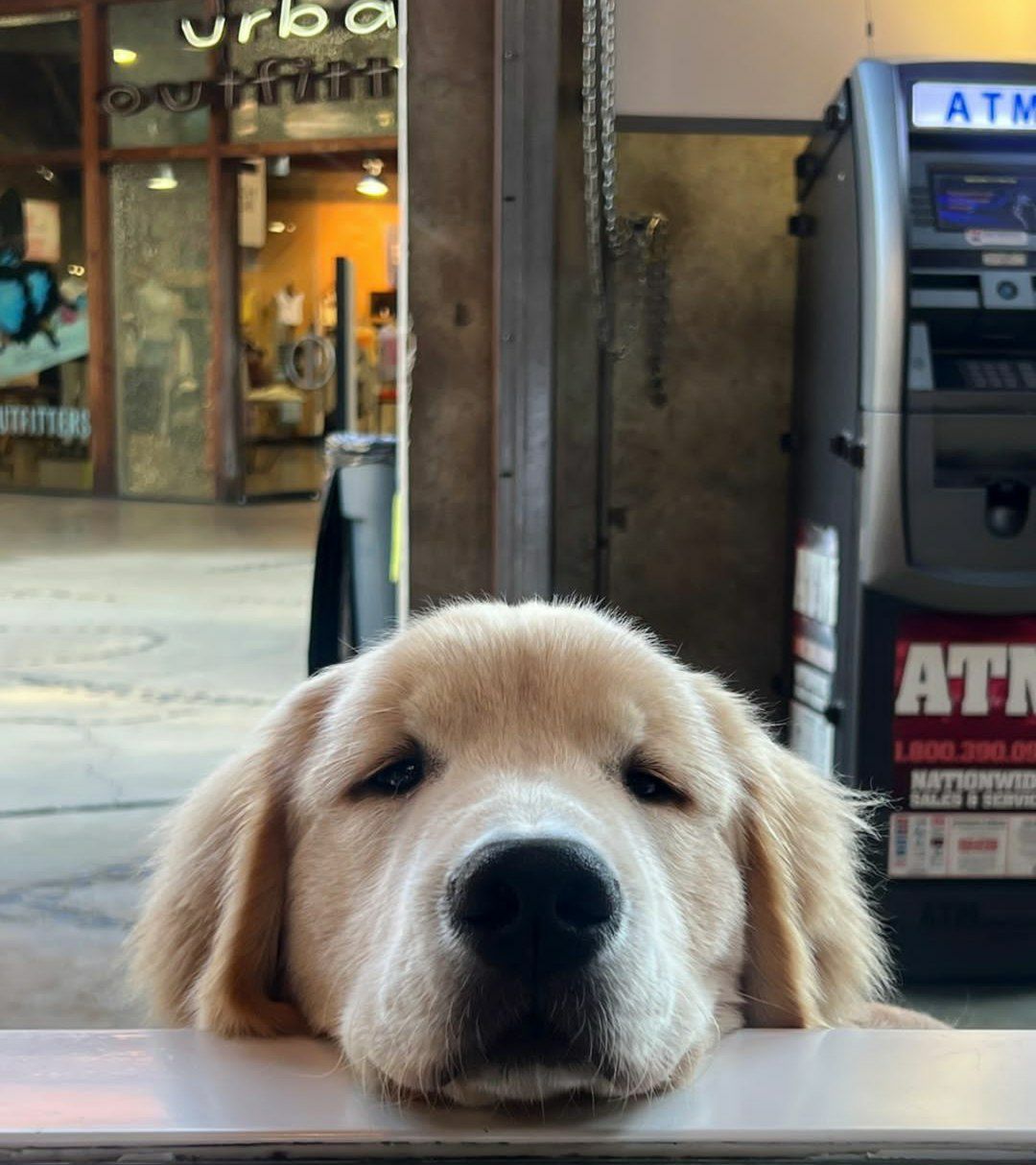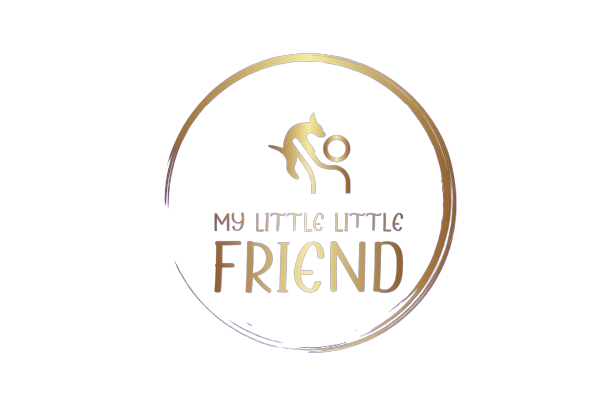As our cherished canine companions age, their needs change. This includes providing them with love and support as they approach their golden years. Knowing what to expect and how to care for your dog during their end-of-life journey is an important part of being a responsible pet parent.
What problems might an older dog suffer?
Older dogs are susceptible to a variety of health problems due to their declining bodily functions. Here’s a breakdown of some common issues:
Vision Problems: Cataracts, a clouding of the lens in the eye, can impair vision. Diabetes, more common in overweight dogs, can accelerate cataract formation.
Hormonal Imbalances: Hypothyroidism, a condition where the thyroid gland is underactive, can lead to weight gain, lethargy, and skin problems.

Joint Pain: Osteoarthritis, a degenerative joint disease caused by cartilage breakdown, can cause stiffness, pain, and difficulty moving.
Cognitive Decline: Similar to Alzheimer’s in humans, Canine Cognitive Dysfunction (CCD) can affect memory, learning, and awareness in senior dogs.
Other Issues: Digestive problems, weakened immune system, and hearing loss are other potential issues that can arise with age.

Golden Years Care: Keeping Your Senior Dog Happy and Healthy
As our beloved canine companions age, their needs change. Here’s a comprehensive guide to caring for your senior dog and ensuring their golden years are filled with comfort, happiness, and good health.
Preventive Care is Key:
- Regular Veterinary Checkups: Schedule regular checkups with your veterinarian, ideally every 6 months for senior dogs. Early detection of age-related conditions allows for prompt treatment and better management.
- Balanced Diet: Provide a high-quality, senior-specific diet formulated for their changing nutritional needs. This ensures they receive the essential nutrients to support their health.
- Weight Management: Maintain your dog’s ideal weight to prevent obesity-related health problems like diabetes and joint strain. Consult your veterinarian to determine the right weight for your dog.
- Grooming: Regular grooming is essential for senior dogs. Brushing helps prevent matting and skin irritation, while dental hygiene removes plaque and bacteria buildup that can lead to dental disease.
- Parasite Prevention: Continue using parasite prevention medication to protect your dog from fleas, ticks, heartworms, and other parasites.
Adapting Your Routine:
- Exercise: Regular exercise is still crucial, but adjust the intensity and duration to your dog’s abilities. Shorter walks, swimming, or gentle playtime are great options.
- Environmental Adjustments: Make your home safer by adding ramps or steps to furniture and providing supportive bedding for better comfort.
- Mental Stimulation: Keep your dog’s mind active with short training sessions, food puzzles, or interactive toys. This helps prevent boredom and cognitive decline.
Addressing Common Issues:
- Vision and Hearing Loss: Be patient and understanding. Use verbal cues and familiar routines to help your dog navigate.
- Stiffness and Pain: Discuss pain management options with your veterinarian to improve your dog’s comfort and mobility.
- Changes in Appetite or Behavior: These can be signs of underlying health issues. Consult your veterinarian to rule out any medical causes.
The Importance of Love and Support:
Most importantly, shower your senior dog with love and affection. Spend quality time together, cuddle, play gently, or reminisce about happy memories. Your love and presence are irreplaceable in providing comfort and security during their golden years.
Additional Resources:
- The Association for Pet Care Professionals (APCP): https://associationofpetprofessionals.com/
- The American Animal Hospital Association (AAHA): https://www.aaha.org/
By following these tips and consulting your veterinarian regularly, you can ensure your senior dog enjoys a long and happy life filled with love, care, and good health.
Making Difficult Decisions: Quality of Life for Your Senior Dog
As our beloved furry companions age, they may face illnesses or conditions that cause pain and suffering. During this challenging time, prioritizing your senior dog’s quality of life becomes paramount.
Assessing Your Dog’s Well-Being:
Veterinarians often use a “quality of life” scale to evaluate your dog’s overall well-being. This scale considers factors like:
- Pain Level: Is your dog in constant pain despite medication?
- Mobility: Can they perform daily activities like eating, drinking, and toileting?

- Appetite: Are they interested in food, or experiencing nausea or vomiting?
- Hygiene: Do they struggle to maintain cleanliness or experience accidents?
- Happiness: Do they still show joy and interest in their surroundings?
- Good Days vs. Bad Days: Outweigh the good days the bad ones significantly?
Considering All Options:
Your veterinarian can discuss various options to improve your dog’s comfort and quality of life, such as:
- Palliative Care: This focuses on managing pain and symptoms to improve your dog’s comfort and well-being in their final stages.
- Hospice Care: Similar to palliative care, hospice care provides a supportive and comfortable environment for your dog at home during their final days.
- Pain Management Medication: Medications can significantly improve your dog’s quality of life by alleviating pain.
When Euthanasia May Be Necessary:
If your dog’s quality of life significantly declines despite treatment, and suffering becomes inevitable, euthanasia may be the most compassionate option. This allows your dog a peaceful passing without prolonged pain.
Making the Right Choice:
The decision to euthanize is a personal one. There is no right or wrong answer. Consider all your options, discuss them with your veterinarian, and ultimately choose what’s best for your beloved companion. Remember, prioritizing their comfort and ending suffering is an act of love.
Coping with Loss:
The loss of a pet is a grieving process. Allow yourself time to grieve and reach out for support from friends, family, or online pet bereavement communities.
Here are some resources that can help:
- The Association for Pet Loss and Bereavement: https://www.aplb.org/support/
- Lap of Love Veterinary Hospice: https://www.lapoflove.com/
Remember, you are not alone. Your veterinarian and pet bereavement resources can provide support and guidance during this emotional time.

